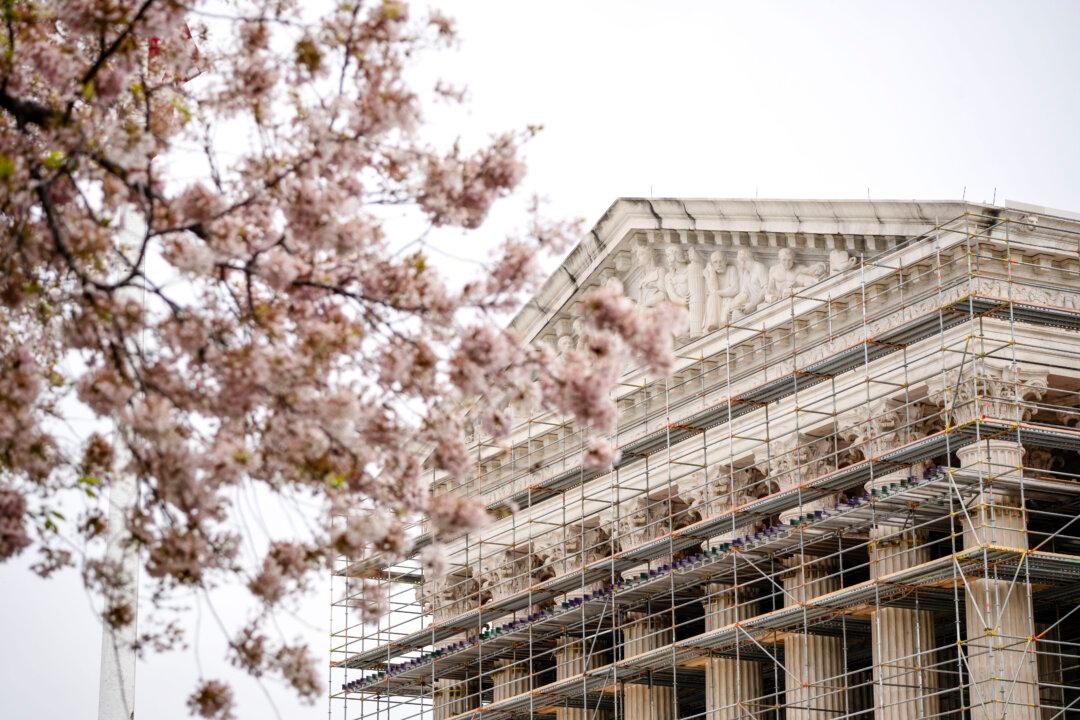The Supreme Court is expected to hear oral arguments on May 15 over President Donald Trump’s order restricting birthright citizenship and whether federal judges went too far in their decisions to block his directive nationwide.
It’s the first major hearing of Trump’s second term and could offer insight into how the justices view the ongoing legal challenges to his agenda. So far, federal judges have blocked a long list of the president’s second-term policies while provoking criticism from Republicans alleging they abused their authority.





